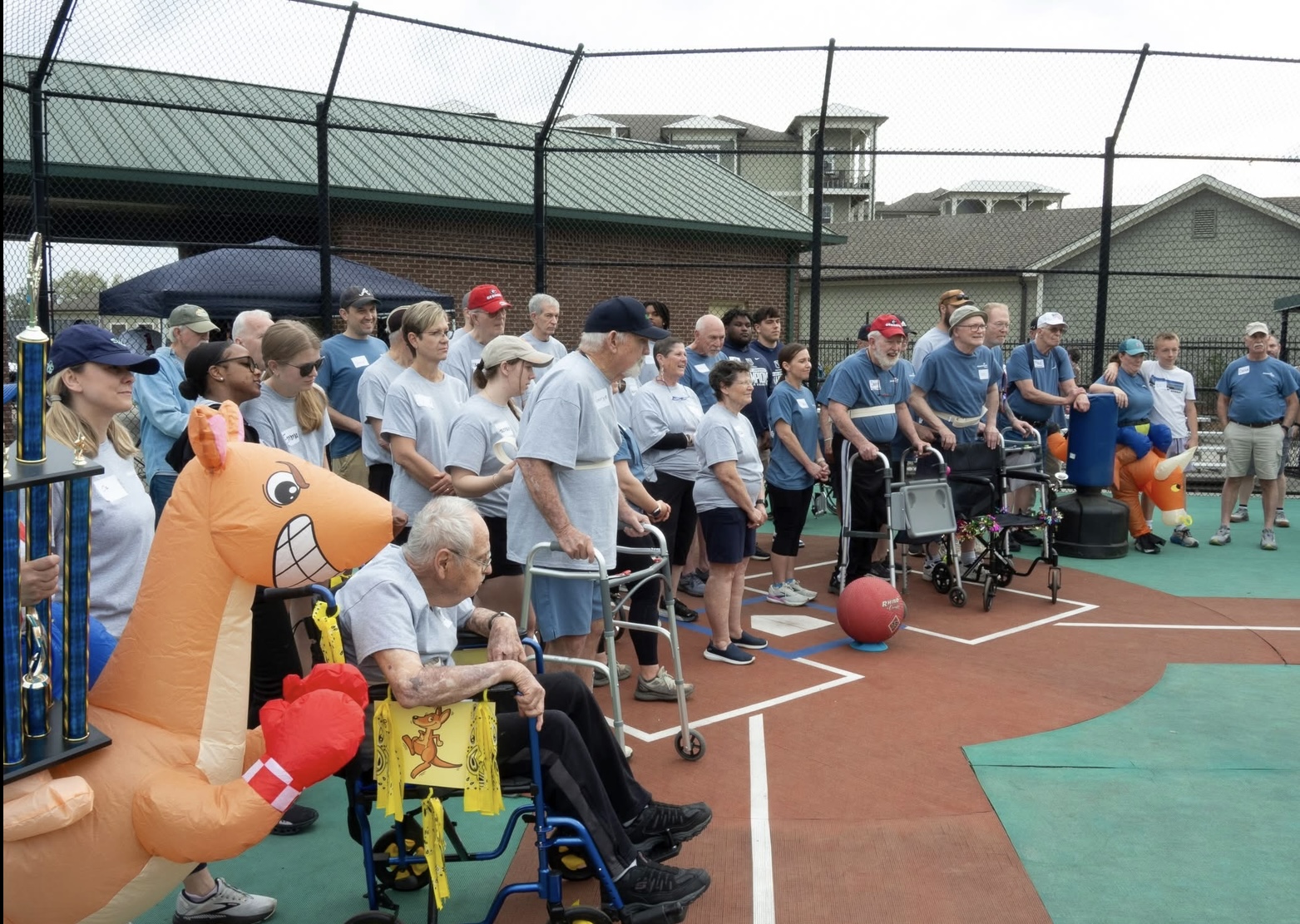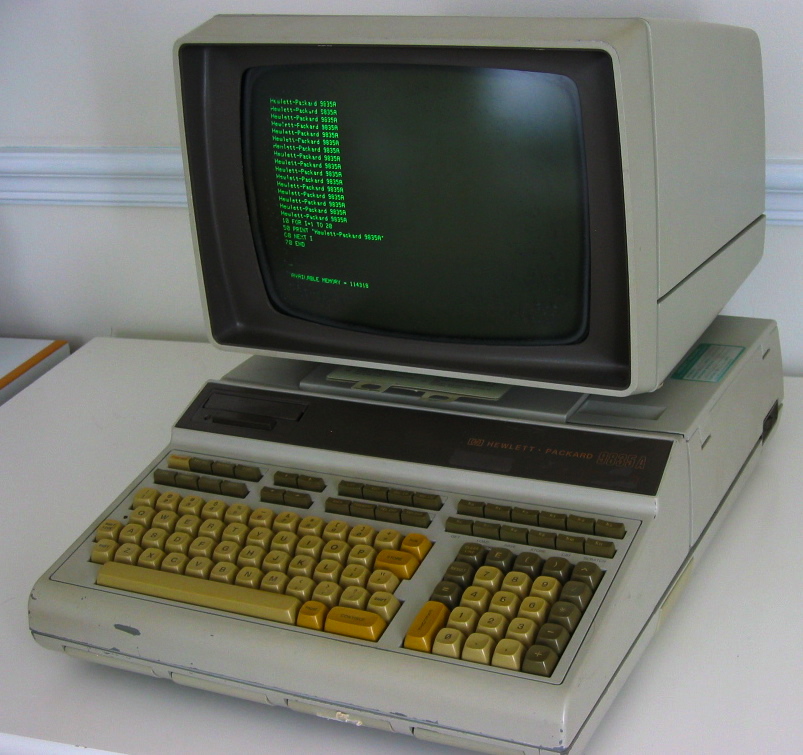The records that are submitted when those who have served in the armed forces comes to a close are historic reminders of those who have given much to benefit all. These records – just like deeds and court papers – are kept by the Superior Court Clerk’s office for Polk County, and have been kept in bound copies stored away for the off chance someone’s past might become needed in the present.
“Some of these old books are fading and will fall apart in your hand,” Superior Court Clerk Stacie Baines said. “We have to do something to save them now or we’ll lose them forever.”
This has been the mantra of her office over the past years as she’s gotten money from various sources prior to and during the pandemic to save and scan every document she can get digitized under her care. Old deed records have been saved during this time, and other items from more than a century ago are being preserved for those who might want to figure out what happened in the centuries to come.
Baines latest effort is to ensure that discharge papers submitted to the Superior Court Clerk’s office are saved for more than just their short lifetime. Those crumbling books of DD 214 records are key pieces of the lives of service members in the Army, Navy, Air Force, Marines and Coast Guard, and sometimes are the documents needed to ensure that those who otherwise wouldn’t have the chance to get help from veteran’s programs.
When someone is discharged or separated from service for any reason, they receive the DD 214, technically the DD Form 214. In common lexicon, it is shortened or just called “discharge papers.” Those forms have to be filed in the county where someone lives, and in Polk County’s case that means at the Superior Court Clerk’s Office.
Since many of the forms are starting to become difficult to handle and ensure their long term survival, Baines reached out where she could for grant money once again and this time through the Georgia Historical Records Advisory Council, the Clerk’s office now has another $5,000 toward preserving those records. She has to match it with another $5,000, which will be made up for via the charges the public incur in her office for copies of paperwork to be printed.
The total cost to index and digitize the records will be just over $12,000, meaning the grant covers just under half the cost. It was the maximum available out of a pool of $35,000 given out this year.
Baines reports that the work on preserving criminal and civil cases remains the next big project to tackle in her office to ensure that digital records of every piece paper in the courthouse can be saved. Her hopes is to have the first batch of records that would go back to 1990 complete by year’s end.
“We’re always excited by the opportunities not only to save what we have stored here at the courthouse that encompasses all of Polk County’s history on paper, but also to ensure that those records are available for people in the years to come and can be transferred without the large amount of work it takes to preserve the paper that we have,” Baines said.
Check back for additional updates on when new records are available digitally.





















Leave a Reply